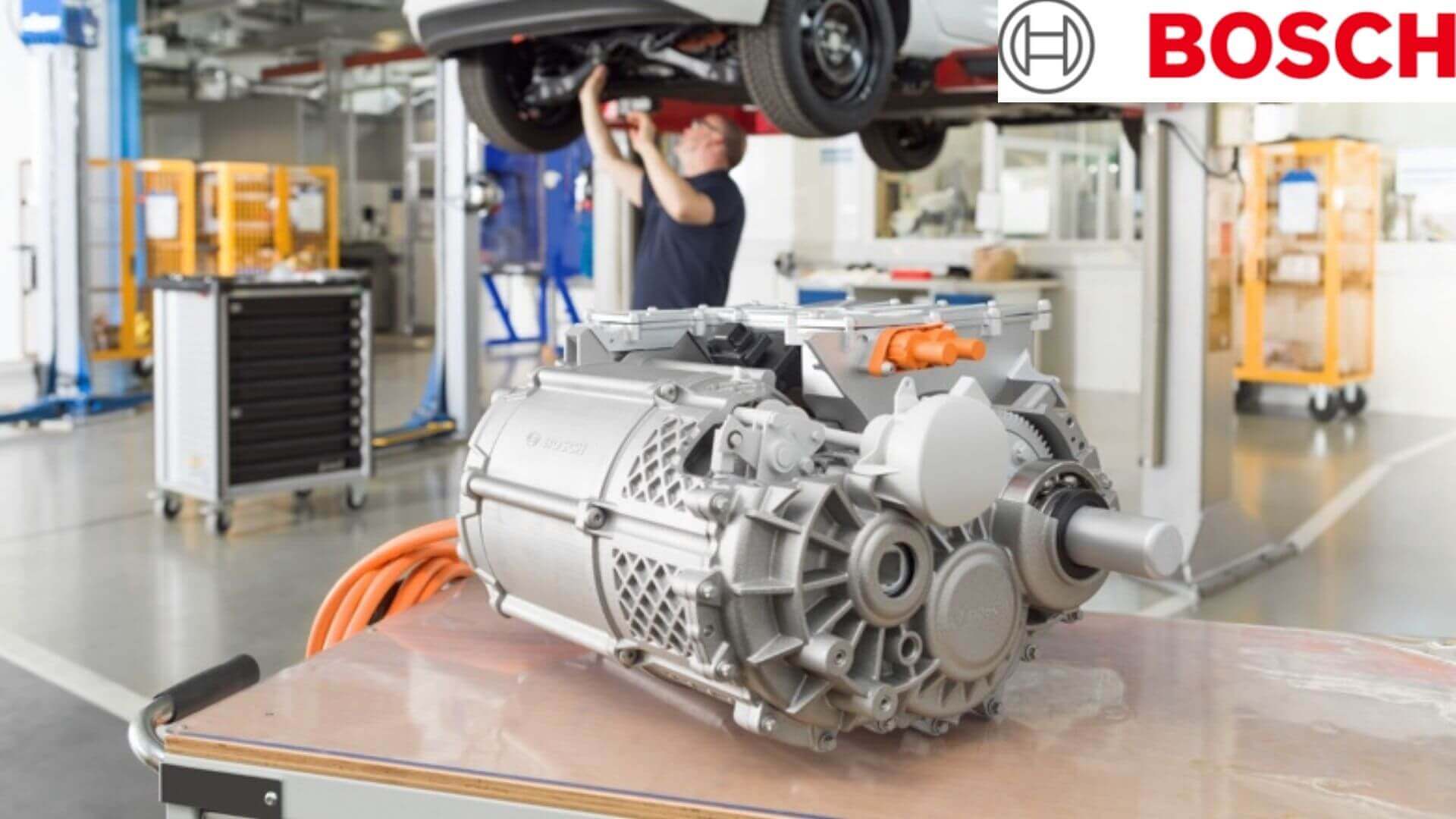As concerns for the environment and the need for sustainable transportation grow, electric cars have gained significant popularity. Electric vehicles (EVs) offer a cleaner and more energy-efficient alternative to traditional gasoline-powered cars.
In this article, we will explore the world of electric cars, their benefits, and the exciting concept of EV conversion kits. Whether you’re an environmentally conscious individual or a car enthusiast looking to embrace the electric revolution, this guide will provide you with valuable insights to make informed decisions.
What are Electric Cars?
Electric cars, also known as electric vehicles (EVs), are automobiles that rely on electric motors powered by rechargeable batteries instead of internal combustion engines. These vehicles emit zero tailpipe emissions, contributing to a greener and healthier environment.
Electric cars come in various types, including all-electric vehicles (AEVs) and plug-in hybrid electric vehicles (PHEVs), each with its unique characteristics and benefits.
Benefits of Electric Cars
Switching to electric cars offers numerous advantages, both for individuals and the planet as a whole. Some key benefits include:
- Environmental Impact: Electric cars emit zero tailpipe emissions, making them environmentally friendly and helping to reduce air pollution and greenhouse gas emissions. By choosing an electric car, you actively contribute to combating climate change and improving air quality.
- Cost Savings: Electric cars typically have lower operating costs compared to gasoline-powered vehicles. They require less maintenance, have fewer moving parts, and benefit from government incentives, such as tax credits and reduced charging costs.
- Energy Efficiency: Electric motors are more energy-efficient than internal combustion engines, converting a higher percentage of energy from the battery into actual power.
- Quiet and Smooth Ride: Electric cars operate silently, providing a serene driving experience. Additionally, they offer smooth acceleration due to the instant torque provided by electric motors.
What is a Car EV Conversion Kit?
A Car EV conversion kit is a package of components and accessories that allows you to transform a conventional gasoline-powered vehicle into an electric vehicle (EV). It provides all the necessary parts and systems required to replace the internal combustion engine with an electric powertrain.
Typically, an EV conversion kit includes components such as an electric motor, batteries, motor controller, charging system, and various supporting hardware. These components work together to power the vehicle using electricity instead of fossil fuels.
EV conversion kits are designed to provide a comprehensive solution for converting a traditional car to an electric vehicle. They offer individuals an alternative to purchasing a brand-new electric car, allowing them to repurpose their existing vehicle and enjoy the benefits of electric mobility.
Why Consider a Car EV Conversion Kit?
Converting a traditional car to electric offers several advantages:
- Cost-Effective: EV conversion kits can be a more affordable option compared to purchasing a brand-new electric car. By repurposing an existing vehicle, you can save money while still enjoying the benefits of electric mobility.
- Recycling and Sustainability: Converting an older car to electric extends its lifespan and reduces waste. It promotes the reuse of resources and contributes to a more sustainable transportation system.
- Personalization: EV conversions provide an opportunity to customize and personalize your electric vehicle according to your preferences. You can choose specific components and features that align with your needs and desired driving experience.
Types of EV Conversion Kits
There are different types of car EV conversion kits available in the market, catering to various vehicle models, budgets, and levels of customization. The following are some common types of EV conversion kits:
1. Turnkey Conversion Kits
Turnkey conversion kits are designed to provide a comprehensive solution for specific car models. They come with all the necessary components and hardware required for the conversion, including the electric motor, batteries, controller, and charging system. Turnkey kits often offer convenience and ease of installation since they are specifically tailored to fit particular vehicle models. However, they may be more expensive compared to other types of kits.
2. Modular Conversion Kits
Modular conversion kits offer flexibility and customization options. These kits allow you to choose and combine different components based on your preferences and requirements. You can select specific components such as the electric motor, batteries, and controller, based on factors like power output, driving range, and budget. Modular kits are suitable for individuals with technical expertise and a desire to personalize their electric vehicle conversion. They may require more research and knowledge to ensure compatibility and proper integration of the chosen components.
3. Battery-Only Conversion Kits
Battery-only conversion kits focus primarily on the replacement of the internal combustion engine with an electric motor and batteries. These kits are typically more affordable compared to comprehensive conversion kits as they exclude components like the motor controller and charging system. Battery-only kits are suitable for individuals who may already have knowledge or access to specific components required for the conversion or for those who wish to source those components separately.
4. Retrofit Kits
Retrofit conversion kits are designed for specific vehicle models and aim to simplify the conversion process. These kits may include pre-assembled components and specialized brackets or adapters to facilitate the installation. Retrofit kits are particularly useful for popular vehicle models where manufacturers have developed conversion kits specific to those models, ensuring a more streamlined and straightforward conversion process.
5. DIY Conversion Kits
For individuals who possess advanced technical skills and knowledge, DIY conversion kits provide the flexibility to source and assemble components individually. These kits typically offer a set of guidelines, manuals, and wiring diagrams to assist in the conversion process. DIY conversion kits allow for complete customization and can be a cost-effective option if you have access to salvaged or recycled components.
Key Components of Car EV Conversion Kits
A typical EV conversion kit consists of several essential components, including:
- Electric Motor: The electric motor replaces the internal combustion engine and provides power to propel the vehicle.
- Batteries: Rechargeable batteries store electrical energy and provide the necessary power to the electric motor.
- Motor Controller: The motor controller regulates the flow of electricity from the batteries to the electric motor, ensuring optimal performance and efficiency.
- Charging System: An EV conversion kit includes a charging system that allows you to recharge the batteries either from a standard power outlet or specialized charging stations.
Factors to Consider Before Choosing a Conversion Kit
Before selecting a Car EV conversion kit, it’s crucial to consider the following factors:
- Vehicle Compatibility: Ensure that the conversion kit is suitable for your specific vehicle make and model.
- Performance and Range: Assess the power output and driving range offered by the conversion kit to meet your driving needs and expectations.
- Quality and Warranty: Research the reputation of the conversion kit manufacturer and check if they offer reliable components and a warranty for peace of mind.
- Installation and Support: Evaluate the level of technical expertise required for installation and determine if the kit comes with adequate documentation and support.
Benefits of Car EV Conversion Kit
Converting a traditional car to electric offers unique advantages:
- Environmental Impact: By converting an internal combustion engine vehicle, you contribute to reducing carbon emissions and minimizing reliance on fossil fuels.
- Cost Savings: Over time, the lower maintenance and operating costs of electric vehicles can lead to significant savings compared to gasoline-powered vehicles.
- Learning Experience: The process of converting a car to electric provides a hands-on learning opportunity to understand the intricacies of electric vehicle technology and gain valuable knowledge about sustainable transportation.
Conclusion
Embracing electric cars through either purchasing or converting existing vehicles presents a powerful step towards a sustainable future. Electric cars offer environmental benefits, cost savings, and a delightful driving experience.
EV conversion kits provide an exciting opportunity for car enthusiasts to repurpose and customize their vehicles, contributing to a greener and cleaner transportation ecosystem.



